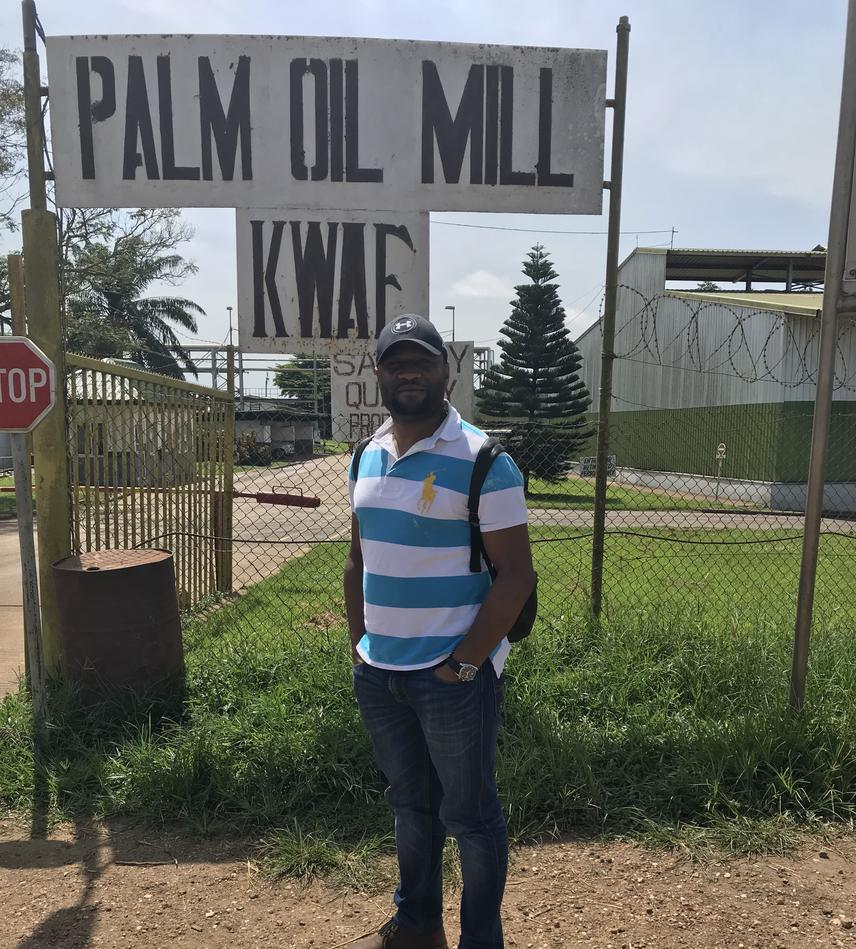Vilbert Vabi Vamuloh
Other projects
13 Dec 2019
Giving a Voice to the Voiceless: Involving Indigenous Communities in the Management of the Lobéké National Park, Cameroon
Contract farming (CF) involves an agreement between a farmer or a farmer organization and buyers wherein they mutually agree upon the terms of production and marketing at a predetermined price. Contract are perceived as a means of raising farmer productivity and integrating them into mainstream markets. While extant research documents higher productivity and income levels, exclusionary trends have also been recorded. Critics therefore warn against CF when it leads to farmer exclusion. This raises the questions of how contracts can be designed to be more inclusive. Contracts between agribusinesses and small farmers in the oil palm sector have existed for several years in Ghana but at the same time farmers experience significant yield gaps and often expand cropland into forests. This research seeks to examine the reasons for the participation (or lack of participation) of Ghanaian small farmer producers of oil palm in CF programs.

Contract farming is a method of agricultural intensification. The Food and Agricultural Organization of the United Nations (FAO, 2009) defines agricultural intensification as managing and conserving the natural resource base, orienting technological change to achieve higher yields which in turn alleviates pressure for converting of forestland to farmland. But, it is not clear as to how more and more farmers- particularly small farmers- can be brought under contract farming schemes. This project will unravel those factors based on which appropriate policies can be formed to promote contract farming among small farmers that would lead to improved crop yield and hence reduced pressure for conversion of forestland to cropland.
In the context of the proposed research, oil palm production methods in Ghana are not efficient and are characterized by significant yield gaps (Adjei-Nsiah and Klerkx, 2016). Consequently, farmers tend to expand areas under oil palm production at the expense of tropical forest in order to increase production (Laurance et al., 2015; Vargas et al., 2015). By understanding the factors that motivate small farmers to participate, or not participate, in contract farming in oil palm cultivation, this project will help inform policies that could foster small farmers’ participation in contact farming, which, as described above, will help reduce deforestation.
Additionally, contract farming programs are better suited to adopt sustainable production and harvesting practices (Ros-Tonen et al., 2015). On their own, small farmers find adoption of sustainability practices- and formal certification systems- arduous and cost prohibitive (Cahyadi and Waibel, 2016). For example, globally, only 12% of the total area under oil palm production is certified as sustainable (RSPO, 2018). Findings of the proposed research will help develop policies to bring more and more small farmers under contract farming which will facilitate their participation in sustainable palm oil production programs such as the Roundtable for Sustainable Palm Oil (RSPO).